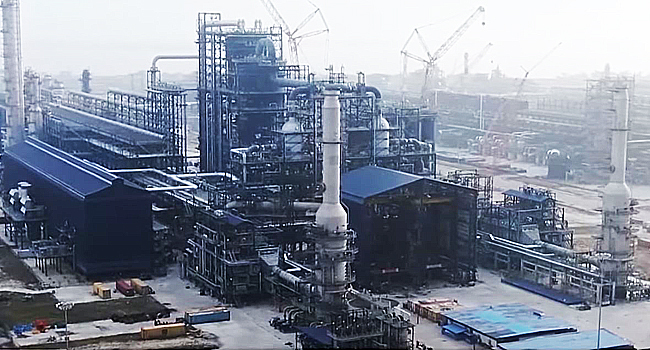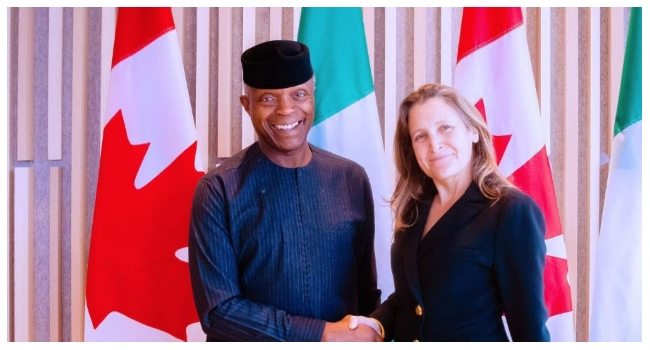The Federal Government has adopted a sectoral engagement approach and commenced consultation with critical stakeholders in five key sectors of the economy, in order to ensure effective implementation of the Africa Continental Free Trade Area (AfCFTA) in July 2020.
This was disclosed by the Acting Chief Trade Negotiator and Director General, Nigerian Office for Trade Negotiations (NOTN), Victor Liman on Monday.
Mr Liman, speaking after a meeting with representatives of Ministries, Departments, and Agencies in Abuja, stated that the five sectors include; business and professional services, communications, transport, tourism, and financial services.
READ ALSO: Nigeria Records Highest Quarterly GDP Growth Since 2016 Recession
He explained that the AfCFTA will be the world’s largest free trade area and is set to boost intra-Africa trade by 60 percent before 2022.
“We have been conducting a sectoral engagement, consultation with critical relevant and strategic stakeholders; those who are the relevant operators in the various services sector that we have decided to liberalise at the AfCFTA.
“The five key sectors are business and professional services, communications, transport, tourism, and financial services. Having had that both on the private and public sectors, we then decided that it is important for us to now call an all-sectoral consultative forum so that people come together and review what we have done, revalidate, adopt and sign-off on what we have done.”
Stressing further, Mr Liman urged stakeholders to understand the modalities, engage and contribute their observations on the progress made so far.
“It is important for the country because of the fact that whatsoever we do at the AfCFTA will affect our economy, GDP growth, job creation, welfare, productivity, infrastructure, and competitiveness in particular for the country.
“I think people need to understand this and they have to engage and interrogate and contribute their own observations and positions to what we have done.”





